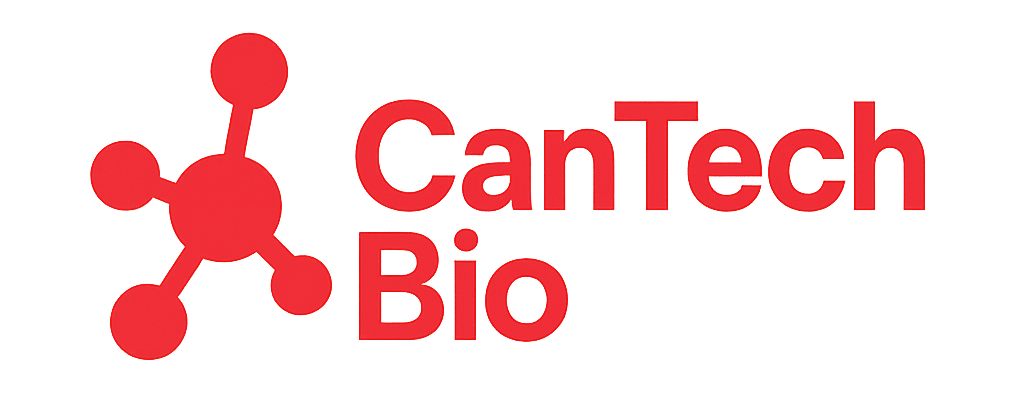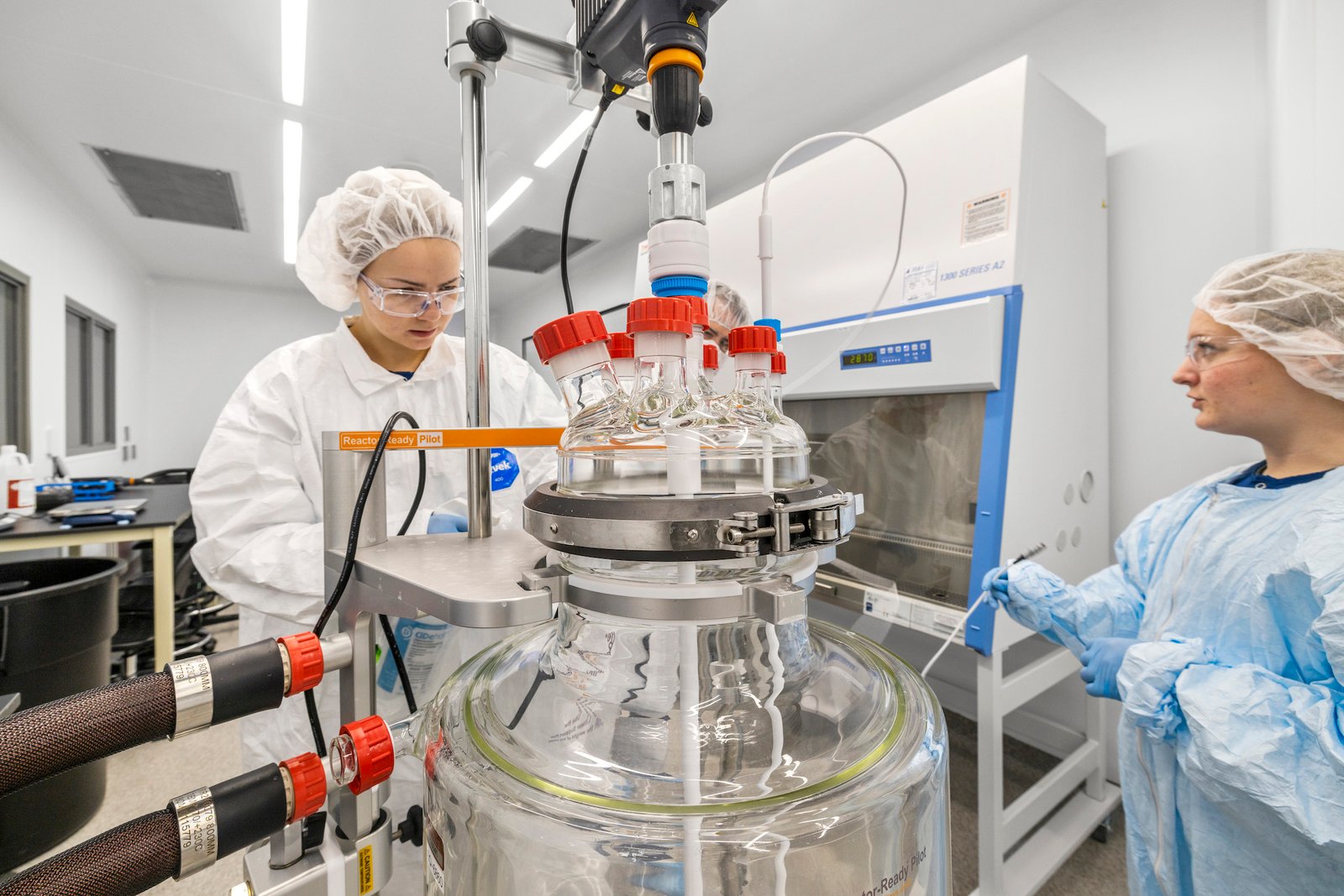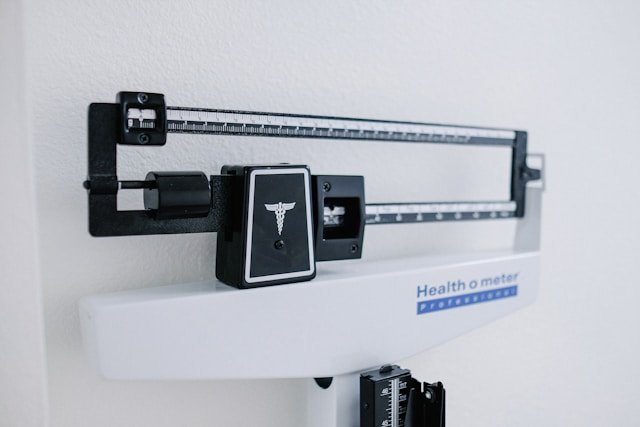Digitization has allowed Sanofi to optimize manufacturing and automate document preparation. And now, the firm predicts that AI will soon help it reduce development and manufacturing timelines by 25%.
The French drug maker set out to become a “digital healthcare company” in 2022, setting a goal of using digitization to drive innovation and efficiencies across R&D, manufacturing, and commercial operations by 2025.
And results have been positive, says Ariel Bismuth, global digital head of manufacturing and supply, who told GEN the approach has enhanced operations at Sanofi’s “digital lighthouse” plants in Geel, Waterford, Scoppito, Toronto, and Hangzhou.
“These Lighthouses exemplify the power of connected Smart Factories, showcasing advanced digitalization and automation. They demonstrate the value of full digitalization and serve as benchmarks for other sites, enabling the rapid adoption of AI-driven solutions such as predictive downtime optimization, adaptive process controls, in-silico bioprocess experimentation, and launch readiness simulation.”
Bismuth cited Sanofi’s AI-powered analytics platform, SimplY, as an example, explaining, “At our site in Belgium, SimplY has brought insights enabling us to target an increase of 8% of Dupixent drug substance output over the next three years.
“As well, our teams have built a generative AI solution that we expect will allow us to generate around 5,000 annual reports related to product quality and manufacturing science studies in the first half of 2026,” he said.
In addition, since 2023, Sanofi has used Aily Labs’ plAI technology to gather data from its development, manufacturing, logistics, and commercial operations to manage and guide decision-making.
“The software leverages AI to identify opportunities for supply chain improvements,” Bismuth said, adding that “by analyzing data to uncover root causes, the platform benefits over 3,000 users by providing actionable recommendations.”
Digital infrastructure
As well as software, Bismuth also points to Sanofi’s investment in IT infrastructure as an important part of its transformation from a traditional, analog biopharmaceutical company into a digital drugmaker.
“Solid data foundations are key to our ambition of becoming the first biopharma company powered by AI at scale. And for the past few years, we have made tremendous efforts to assess and optimize our data operations—ensuring that the right access, privacy, and security protocols are in place, whilst optimizing the supporting architecture.”
He added, “With this, we’ve been able to reconnect multiple data sources that unlock previously ‘hidden’ data to provide deeper insight and further context for our AI systems.”
And, looking forward, AI will play an even more important role in Sanofi’s manufacturing operations, according to Bismuth, pointing to the firm’s recent decision to establish dedicated digital teams as key.
“By establishing eight to ten agile digital product teams working in collaboration with manufacturing and supply digital lighthouses and launch teams, we aim to achieve 100% right-first-time product launches, reduce timelines by 25%, and improve network performance by 25%,” he said.
The post Sanofi All In on Digital Drugmaking appeared first on GEN – Genetic Engineering and Biotechnology News.



